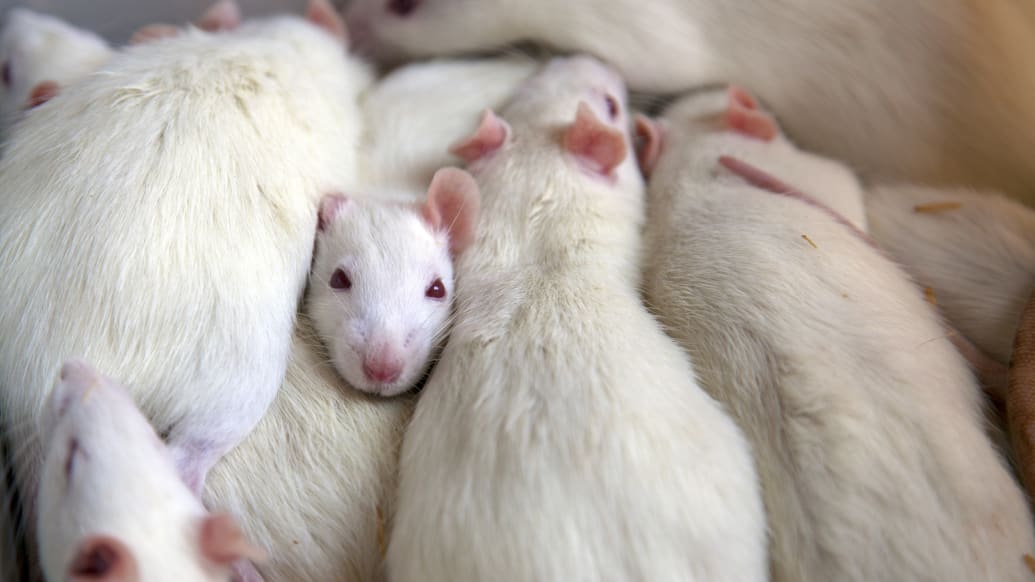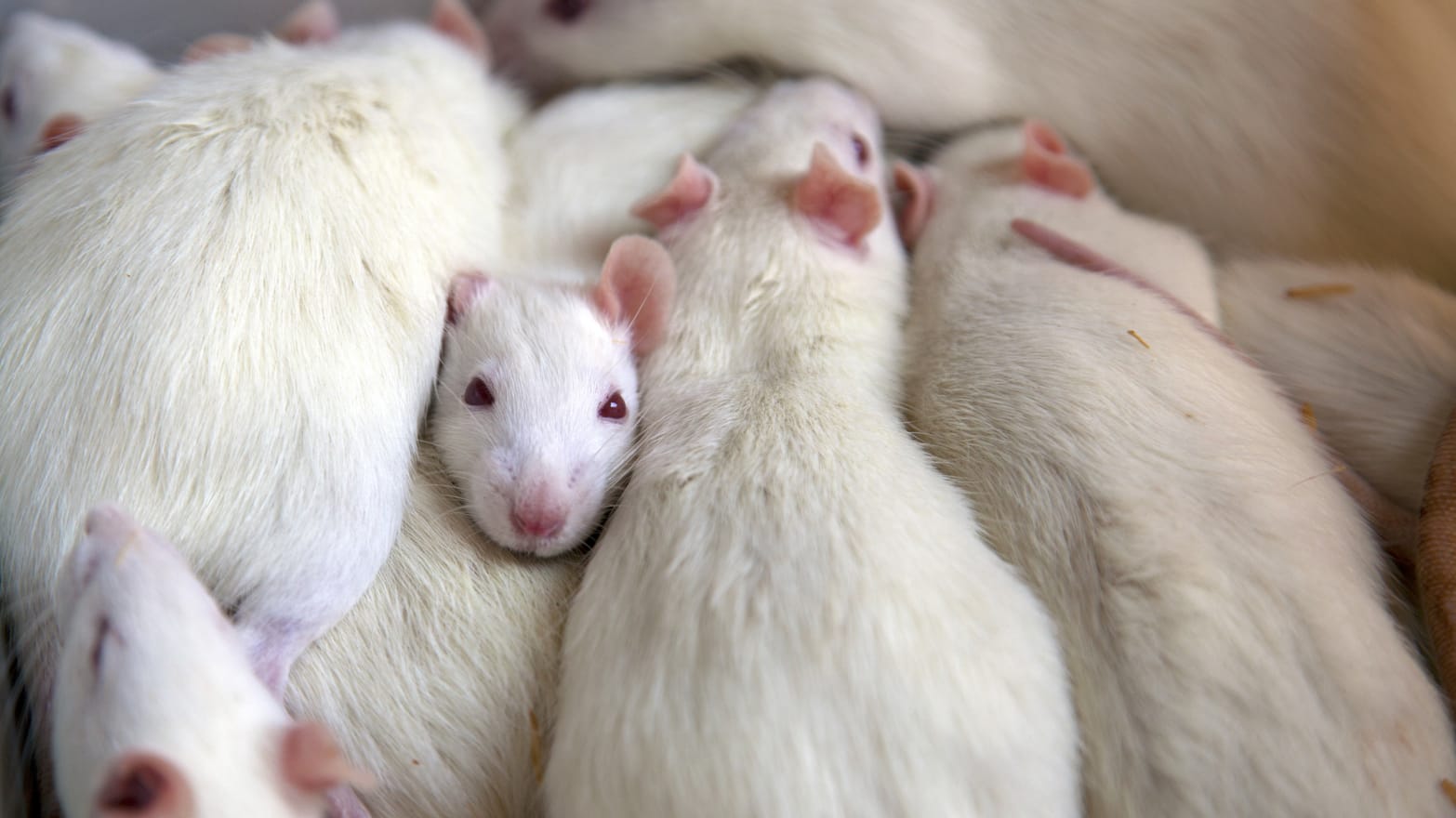It’s a typical-looking building under an elevated subway line in northeast Brooklyn, New York. A brown tacky gleam of years of paint accumulation covers the three-story apartment. But a closer look at the covered first-floor windows reveals the glow of constantly running heat lamps and fluorescent lights, regulating temperatures within.

Inside, the smells overwhelm: the loam reek of hundreds of crickets in captivity, a collected stink of animal feces clinging to the sweetness of wood shavings, the general dust of a space so cramped with ephemera it makes it difficult to clean. Aquariums crowd the kitchen, burbling with the blue glow of water filters and underwater lights. Just feet away, in a well-organized but congested bedroom, crates and terrariums and other enclosures stack from floor to ceiling. The apartment’s occupant, a veritable Temple Grandin of inner-city animal breeding, opens the different enclosures with pride, showing off his menagerie.
“Here’s a corn snake,” Jason, the breeder (whose name has been changed to protect the questionable legality of his livelihood) says, lifting the cover off a modified Tupperware. The snake is at least 4 feet long. “Here’s a ball python,” he says, opening another. And another. And another. Snakes, lizards, rodents, fish, spiders, crickets—all inside an apartment no larger than a hotel suite. His roommate, smoking a joint and watching television on a couch crowded by containers, doesn’t seem to mind the smell or the lack of space. Eventually Jason shows off bins of dozens upon dozens of mice and rats. “These are the money maker,” he says. “This is what we really sell.”
Jason is a particular breed himself, a mail-order salesman of animals. He claims to have made close to a hundred thousand dollars last year by shipping mice and rats across the country. He rarely has to leave his apartment.
Not uncommon, this type of pet-rearing situation thrives in an age of Internet that drives niche commerce. Far from the psychological affliction known as pet hoarding, these breeders possess the knowledge and wherewithal to properly care for their animals, despite protests about animal cruelty from the ASPCA and other animal-rights organizations. Jason’s main business comes from selling frozen mice and rats to owners of other species, such as snakes and lizards—the diets of which consist of rodents.
Taking to the Internet for a cursory search of this world reveals hundreds of videos of home-based animal breeding systems. If this is a subculture, it’s a large and thriving one. Snake owners in online forums have clamored for live mice at a low cost for years. And the sale of frozen, vacuum-packed feeder mice can clearly be quite lucrative, as evidenced on eBay: 100 frozen white weanling mice sell for $75 on the online retailer. With such a low cost to breed and ship the creatures, the profit is immense, if done correctly.
Like many who move to a larger-scale breeding operation, Jason started breeding mice simply to feed his collection of snakes. Before he knew it, he had more animals on his hands than his snakes could devour. But having come from a place where he himself had bought his feed online, he knew how to handle the situation.
A spokesperson from the Department of Health made note that there are no laws limiting the number of dogs or cats a person may own, nor is there a prohibition against someone having their pets reproduce. But according to code, selling animals from a home-based pet store is illegal in New York City.
In addition to prohibiting certain animals, the Department of Health also requires pet shops to have permits and animal handling certificates. It also prohibits the sale of animals in a room where a person lives or food is kept. Clearly this prohibition isn’t making much of a lasting impact on someone like Jason, who didn’t seem concerned with the actual policy on the matter:
“Pet shop means a facility other than an animal shelter where live animals are sold, exchanged, bartered, or offered for sale as pet animals to the general public at retail for profit. A pet shop shall not mean a pet dealer exclusively selling dogs and cats that is subject to Article 26-A of the Agriculture and Markets Law. However, a pet shop where animals other than, or in addition to, dogs and cats are sold shall hold a pet shop permit issued by the Commissioner and shall comply with all other applicable provisions of this Code and other applicable law.”
The ASPCA, the NYPD, and the Department of Buildings all differed in comment on the matter.
In the New York City area, it’s not hard to find so-called “ratteries.” Though these breeders vary in size and scope, they all thrive on breeding animals properly. Nearly 20 ratteries contacted by The Daily Beast declined to comment on the practice.
Of course, not every at-home animal breeder shoots to make a profit off this. There are rat and mouse breeders in it strictly for the hobby.
“There are a lot of us out there,” Jason says. “But we’re not all going to make a living off this. I guess I’m lucky like that.”

